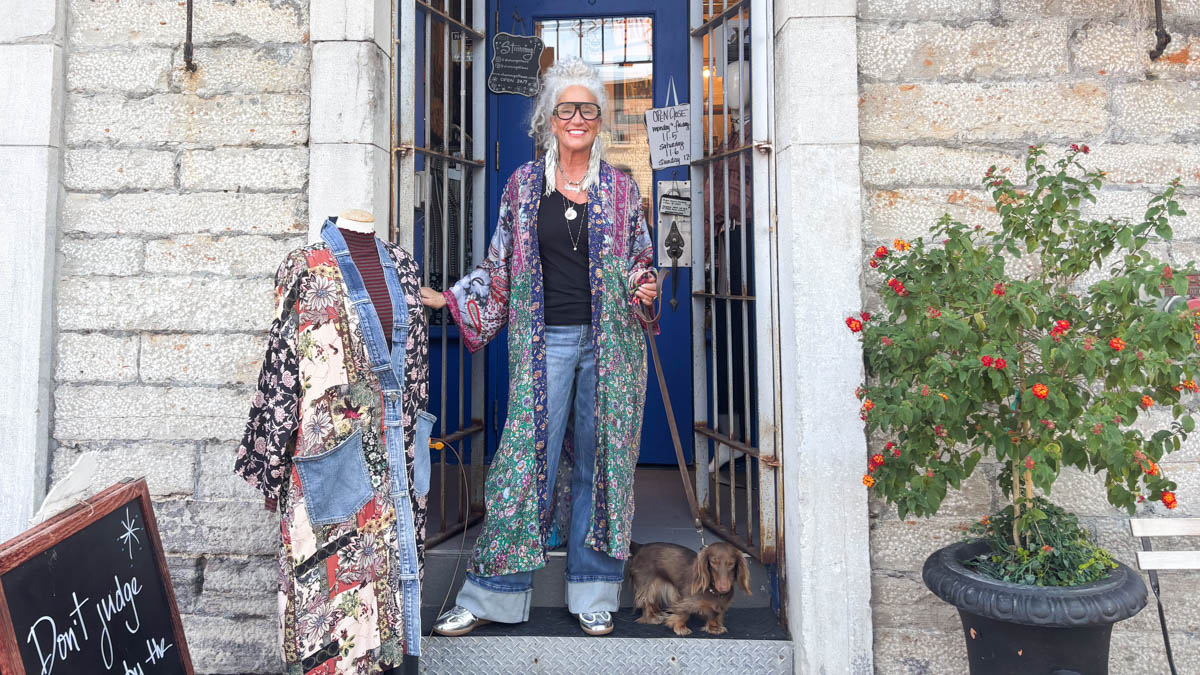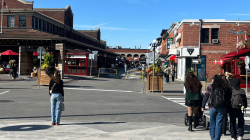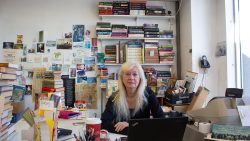When Mandy Sez unlocked the silver gates of Stunning, her ByWard Market boutique, this summer, she was delighted by the steady flow of tourists in Ottawa in record numbers this summer.
For Sez, the rise in visitors wasn’t just good for business — it was a sign that the Market, and the city, had regained its energy.
“With more people travelling here, it felt like Ottawa had come back to life,” Sez said. “Visitors were exploring the Market for the first time or returning as adults after school trips, and many stopped at multiple shops during their visits. You could see the energy in the streets.”
Sez says her 12-year-old York Street boutique certainly benefited from the uptick in traffic. Tourists often wandered in after visiting the nearby museums or finishing a walking tour, and many left with bags in hand.
The Market was full of live music, open patios, and happy visitors. That atmosphere really helped people feel comfortable being here. People came down, shopped, ate, and discovered Ottawa — and many left impressed,
Mandy Sez, owner of Stunning, a boutique on York Street.
For Sez, who also lives in the neighbourhood, the renewed vibrancy went beyond business. Morning walks with her dog, Alice, meant chatting with visitors holding maps or tour brochures and the evenings were filled with music and programming that drew crowds downtown. “It just felt like what this area should be like,” she said.
Her personal experience is confirmed by a joint report from Ottawa Tourism and Outaouais Tourism, which found July and August were the busiest on record for the capital’s tourism industry. Visitor spending rose seven per cent compared to 2024, and overall hotel occupancy increased by five per cent.
Jerome Miousse, director of public affairs at Ottawa Tourism, said these numbers reflect a significant increase in people choosing Ottawa as a destination. “Visitors were everywhere,” he said.
“This summer, we saw a surge in people exploring restaurants, shops, museums, and festivals. Even day-trippers contributed to the local economy, which is important because tourism isn’t just about hotels — it’s about what people do when they’re here.”
Still, Miousse said, those figures capture only part of the picture. “We know that people who sleep in a hotel are visitors to our city, but there are also people staying with friends and family or coming just for the day,” he said. “All of those visitors still eat at restaurants, shop in stores, and buy tickets to attractions.”
He credited the surge to a mix of factors. Major events, such as the first-ever IRONMAN Canada–Ottawa, which sold out, Bluesfest, the Ottawa Jazz Festival and Escapade, filled patios and sidewalks. Meanwhile, Ottawa Tourism’s “Visit Ottawa” Pass encouraged visitors to move between attractions and restaurants with bundled deals.
Tourism numbers back up those impressions. Ottawa Tourism reported a 72 per cent average occupancy rate in hotels from June to August with an average daily rate of $212.28, which was a 10 per cent increase over 2024.
For businesses like Stunning, the benefits were tangible. Sez said more visitors meant not only higher sales, but also a stronger sense of vibrancy downtown.
“The Market has its challenges, like any busy area, but when you have music in the streets and people coming from all over, it reminds you of the positive side,” Sez said.
Ottawa Tourism plans to build on this momentum this fall. Marketing campaigns will continue to target domestic and international audiences and maintaining direct overseas connections will remain a priority.
We want to make Ottawa a year-round destination.That means continuing to promote events, attractions, and the overall experience of visiting the capital, no matter the season.
Jerome Miousse, director of public affairs at Ottawa Tourism.
Miousse said Ottawa’s economy benefits broadly when visitors arrive. “When restaurants, shops, and attractions are busy, it means visitors are discovering Ottawa — and that benefits everyone,” he said.
“Tourism is not just about one sector. It’s about the ripple effect across the entire city.”
Editor’s note: An earlier version of this story contained a quote from somebody who said they worked for an Ottawa restaurant when they had never worked at the restaurant. That person and their quotes have been removed from this story.




